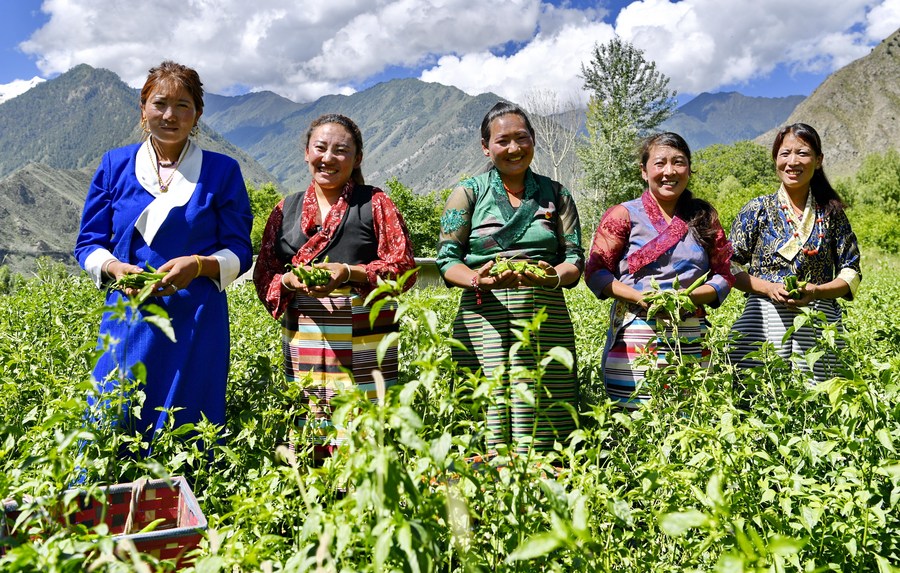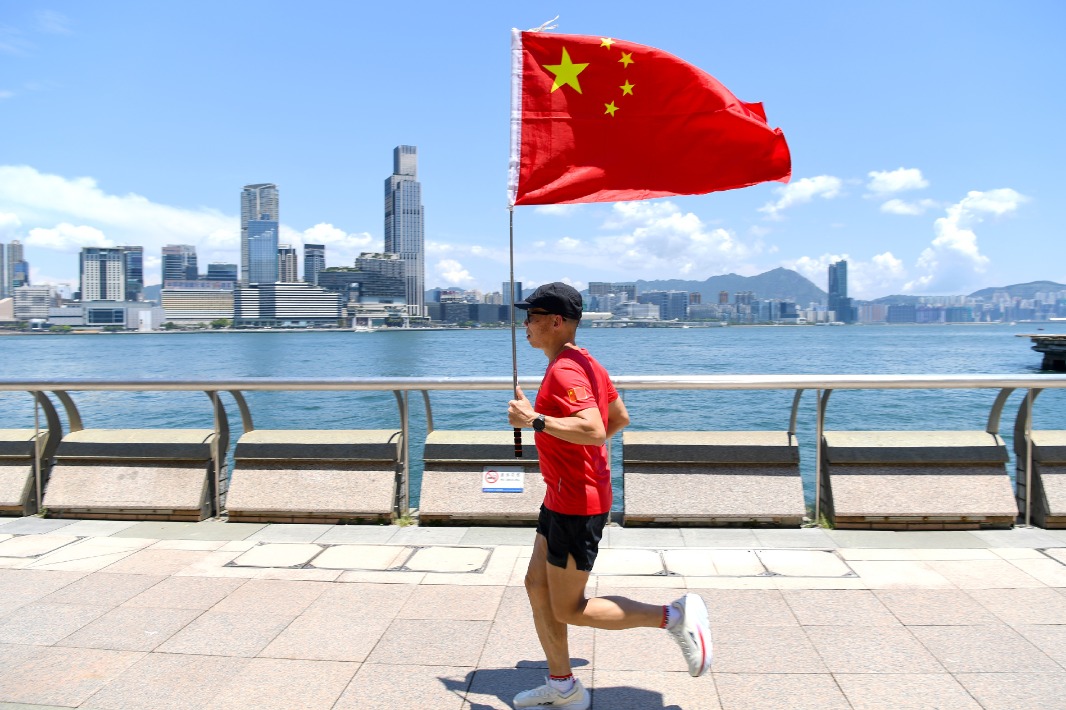Explainer: Misinterpretation versus facts about China's pursuit of common prosperity
China's pursuit of common prosperity is only about redistributing wealth.


BEIJING - China's leadership has stressed the need to pursue common prosperity and expounded on the term recently. While the term "common prosperity" has sparked interest and attracted attention, it has also caused some misinterpretations from some overseas observers.
Common prosperity, an essential requirement of socialism and a key feature of Chinese-style modernization, aims to create a future where prosperity is shared by everyone in the country.
The following are some misinterpretation and facts regarding China's pursuit of common prosperity:
-- Misinterpretation: Common prosperity in China is egalitarianism. It means "robbing the rich to help the poor."
Fact: In China, the prerequisite of common prosperity is that the pie must continue to get bigger. It allows some people to become well-off first, who then inspire and help the latecomers.
The protection of legitimate private property has been written into the China's Constitution, and China will not opt for a robbing-the-rich-for-the-poor approach.
The tenth meeting of the Central Committee for Financial and Economic Affairs has specified policy direction for pursuing common prosperity. The meeting underlined efforts to properly deal with the relationship between efficiency and fairness, make basic institutional arrangements on income distribution, expand the size of the middle-income group, increase the earnings for the low-income groups, adjust excessive incomes and prohibit illicit income to promote social fairness and justice.
-- Misinterpretation: Common prosperity and the encouraged "tertiary distribution" mean that charitable donations could be compulsory.
Fact: Han Wenxiu, an official with the Central Committee for Financial and Economic Affairs, said that charitable donations should be encouraged through taxation policies and can improve the distribution structure, but donations are not compulsory.
-- Misinterpretation: China has changed its policies for supporting the development of the private economy.
Fact: The principles and policies for supporting the development of the private economy have not changed and will not change in the future.
Vice Premier Liu He on Monday called for efforts to vigorously support the development of the private economy, and encourage the private sector to play a greater role in stabilizing growth and employment and promoting structural adjustment and innovation.
The rest of the world can be assured that China will continue reforms to develop a socialist market economy, unswervingly promote high-level opening-up, and resolutely protect property rights and intellectual property rights.
-- Misinterpretation: China's pursuit of common prosperity is only about redistributing wealth.
Fact: Common prosperity refers to affluence shared by everyone both in material and cultural terms. It is not just an economic issue and far from simply redistributing wealth.
For instance, China's guideline on building the eastern province of Zhejiang into a demonstration zone for achieving common prosperity includes efforts to create a more livable residential environment. The district of Dinghai in Zhejiang's Zhoushan City has issued a roadmap (2021-2030) to guide the rural areas to reach carbon neutrality, laying out nine "action paths" ranging from strengthening the use of new energy resources to improving public transportation.
The efforts of local governments, in accord with the country's carbon emission reduction goals, prove that China attaches great importance to the harmonious coexistence of people and nature. The country is not pursuing prosperity at the cost of the environment or by creating a burden for other countries.





































